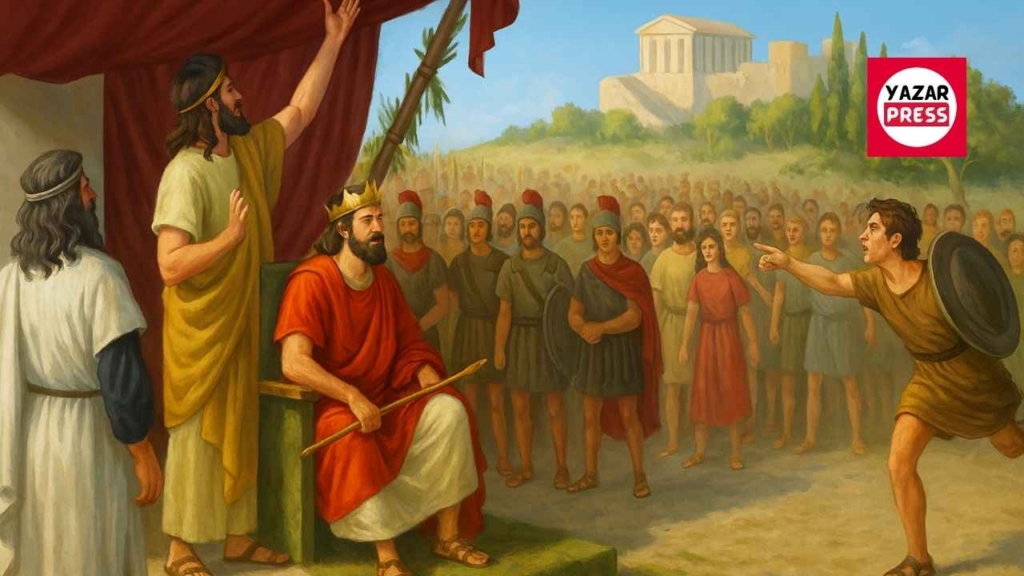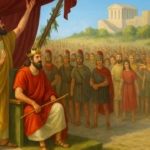The Olympic Games have a rich history that spans over 3,000 years, celebrating athletic achievement and unity. From their origins in ancient Greece to becoming a global phenomenon today, the Games provide insights into humanity’s competitive spirit.
Who Started the Olympic Games?
The ancient Olympic Games originated in Olympia, Greece, in 776 BCE. They were held in honor of Zeus, the king of the Greek gods. Famous for their sporting competitions, the ancient Games played a significant role in ancient Greek culture, showcasing athletic prowess and serving as a unifying event for the city-states.
What Were the Original Sports?
Initially, the Olympic Games featured only one event: a foot race of about 192 meters called the stade. Over the years, more events were added, making the Games a multi-sport festival. The list of sports included:
- Wrestling
- Boxing
- Pentathlon
- Chariot racing
Where Did the Modern Olympics Begin?
The modern Olympic Games were revived in the late 19th century, with the first modern Olympics held in Athens in 1896. The revival was spearheaded by Baron Pierre de Coubertin, who aimed to promote international harmony through athletic competition.
When Do the Olympic Games Occur?
The Olympic Games occur every four years, with both Summer and Winter editions. The Summer Games have featured numerous sports, while the Winter Games focus on sports like skiing, snowboarding, and ice hockey. Several countries have hosted the Games; recent host cities include:
| Olympic Host Cities |
|---|
| Tokyo 2020 |
| PyeongChang 2018 |
| Rio de Janeiro 2016 |
Why Are the Olympic Games Significant?
The Olympic Games symbolize the spirit of global unity, transcending political and cultural differences. They also promote physical education and health, inspiring countless individuals to pursue athleticism. The phenomenon of Olympism now encompasses a broader message of peace and camaraderie.
How Has Technology Impacted the Olympics?
Technological advancements have revolutionized the Olympic Games. From improved athletic training and performance-enhancing facilities to extensive media coverage and live broadcasts, modern technology enhances the viewing experience and athlete performance. Innovations such as:
- High-definition broadcasting
- Timing technology for accurate results
- Virtual reality for training and event experiences
Conclusion: The Enduring Legacy of the Olympic Games
The Olympic Games have evolved significantly since their inception, shaping and reflecting societal values over centuries. Their ability to bring together diverse cultures and inspire a worldwide audience underscores their ongoing importance. As the sporting event continues to progress, the legacy of the Olympic Games remains a testament to human spirit, endurance, and unity.














